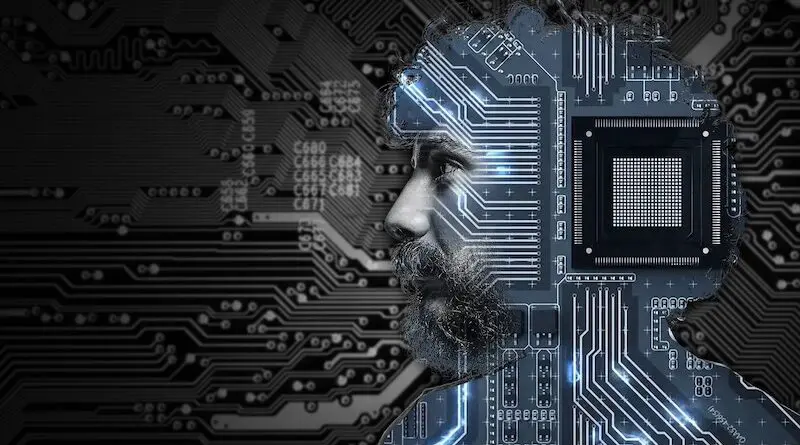The Unmatched Value Of Human Ingenuity: Why AI Can’t Replace Certain Aspects Of Human Creativity – OpEd
People of all ages are intrigued by artificial intelligence (AI) in the 21st century, as it represents a relatively new and advanced technology or set of tools designed to simplify human tasks. AI is a component of computer programs created to assist with tasks that were previously handled by humans, such as daily smartphone functions, infrastructure automation, and tasks traditionally performed by workers or students in universities.
Technology has reached a point where it is believed it may eventually replace humans and increase unemployment rates. When AI surpasses certain industries where professionals are often employed, the situation becomes increasingly serious. Therefore, the question of whether AI can eventually replace human intelligence is a significant concern in an era of rapid technological advancement. While AI undoubtedly offers new levels of efficiency and innovation to many businesses, human intelligence still possesses a fundamental quality that cannot be replicated. Here, we explore the domains where human intelligence is paramount and AI is not the ideal replacement.
Creativity is the essence of human intelligence, yet machines, including AI, are still unable to replicate this quality. In contrast to algorithms that function according to predetermined parameters, humans have the ability to envision a universe that extends beyond current boundaries, to think creatively, and to generate original ideas. The human mind thrives on innovation and the capacity to envision possibilities that defy conventional wisdom, whether in the form of revolutionary scientific theories, works of literature, or other creative endeavors. Artificial intelligence may mimic patterns and produce results based on available data, but it is unable to imitate the spark of inspiration that propels human genius.
Furthermore, human interaction is infused with emotion, a complex aspect in which comprehension, empathy, and intuition play crucial roles. Proficiency in truly human-centered empathy and connection is essential in fields such as counseling, therapy, and caregiving. At this point, AI is unable to fully understand the complexities of human emotions, motives, and experiences, despite its ability to analyze data and propose answers based on algorithms. Artificial intelligence will never be able to fully grasp the intricate and subtle art of human connection.
Another characteristic of human intelligence is resilience and adaptability, which enable people to confront adversity head-on and overcome it with courage and grace. The capacity to learn, unlearn, and relearn is essential in a world that is changing rapidly and where change is the only constant. Humans are cognitively flexible enough to adapt to changing conditions, think quickly, and overcome obstacles with sheer determination and resourcefulness. AI excels in jobs with clear specifications, but it is less effective in unstructured settings with significant ambiguity and uncertainty.
Essentially, even as artificial intelligence develops at an astounding rate, human intelligence remains indispensable in some industries. Among the qualities of human intelligence that machines cannot replicate are creativity, emotional intelligence, adaptability, and resilience. Let us remember the special traits that make us fundamentally human, including the ability to dream, to empathize, and to flourish in the face of difficulty, as we embrace the revolutionary promise of AI. The essence of human intelligence will always be in demand in many industries, while AI serves as a tool to complement human tasks to perfection.

